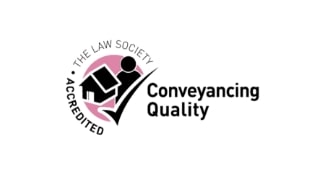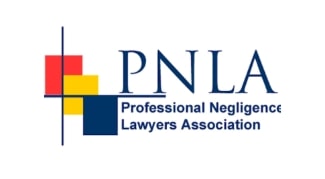
Should I extend my lease?
Around 20% of homes in England are leasehold properties. A leasehold means that you hold the property for a fixed period of time. The majority of flats are leasehold properties.
You will have a legal agreement with your landlord (also known as the ‘freeholder’) which is called a ‘lease’ and you will be known as ‘the tenant’. The lease determines how many years you will own the property for. Once this period is over, the ownership of the property will return to the landlord.
However, under the Leasehold Reform, Housing and Urban Development Act 1993 (LRHUDA 1993), a tenant who holds a long lease of a flat has a statutory right (subject to compliance with requisite qualifying criteria) to a 90 year old extension of the lease.
When does this right arise?
The conditions for this are:
1) The tenant has owned the leasehold interest in the flat for a continuous period of at least two years before service of the notice requesting an extension; and
2) The flat is held on a long lease. This is a lease that is granted for a term of more than 21 years.
Although the right is expressed as an ‘extension’, the legal method of giving effect to this is by granting a new lease and substituting the existing lease. This will be for a term equal to the unexpired residue of the lease i.e. if there are 17 years left, it will be for 17 plus 90 years in total. Therefore, the new lease would be for a period of 107 years.
How do I obtain a lease extension?
The first step is to review the lease itself and the registered title. If the lease is held in joint names, the joint tenants are regarded as a single tenant for the purposes of acquiring the right to an extended lease.
You may choose to extend your lease by the voluntary route. This would be by negotiating an open market deal with the landlord. Alternatively, there is the statutory route. This is the legal right qualifying leaseholders have under LRHUDA 1993.
The next step is to consider a valuation. Although a formal valuation is not required, it is advisable to obtain some valuation advice as to the premium and other payments to ascertain likely costs involved.
It is imperative that you ensure that you have the necessary finance to pay the premium which is payable on completion as well as the statutory deposit which is payable to the landlord.
Are there leases which cannot be extended?
Listed below are some examples of where it is not possible to extend a lease:
1) The lease is a business tenancy protected by the Landlord and Tenant Act 1954 (LTA 1954).
2) The flat has been let out by a charitable housing trust with the purpose of the charity.
3) The property is held by the Crown, although the Crown has undertaken to allow lease extensions on the same terms as the Land Registration Act 1967.
4) The property is solely vested in the National Trust.
5) The property is within the precinct of a cathedral church.
Why should I extend my lease?
As the lease period is reduced as years go on, the premium you will be required to pay to the landlord for the extension will only get higher. Therefore, the value of the lease decreases and it only becomes more expensive, and may make it difficult to sell or assign the lease
Additionally, in the current financial climate and with rising property prices, it is advisable to review your current lease. Although there are talks of new legislation, a lease remains a depreciating asset and therefore, even if you wait for the reforms to come into play, your premium will only increase during this time period.
More information
https://www.legislation.gov.uk/ukpga/Eliz2/2-3/56/contents
https://www.legislation.gov.uk/ukpga/1993/28/contents
How can Lennons help?
Understanding lease extensions can be a difficult process and we are here to help you. If you would like assistance or advice regarding a lease extension, please call us on 01494 773377 or email hello@lennonssolicitors.co.uk.
DISCLAIMER: The content of this article has been prepared for informational purposes only. This content does not constitute legal advice, nor does it give rise to a solicitor/client relationship. Specialist legal advice should be taken in relation to specific circumstances.













































